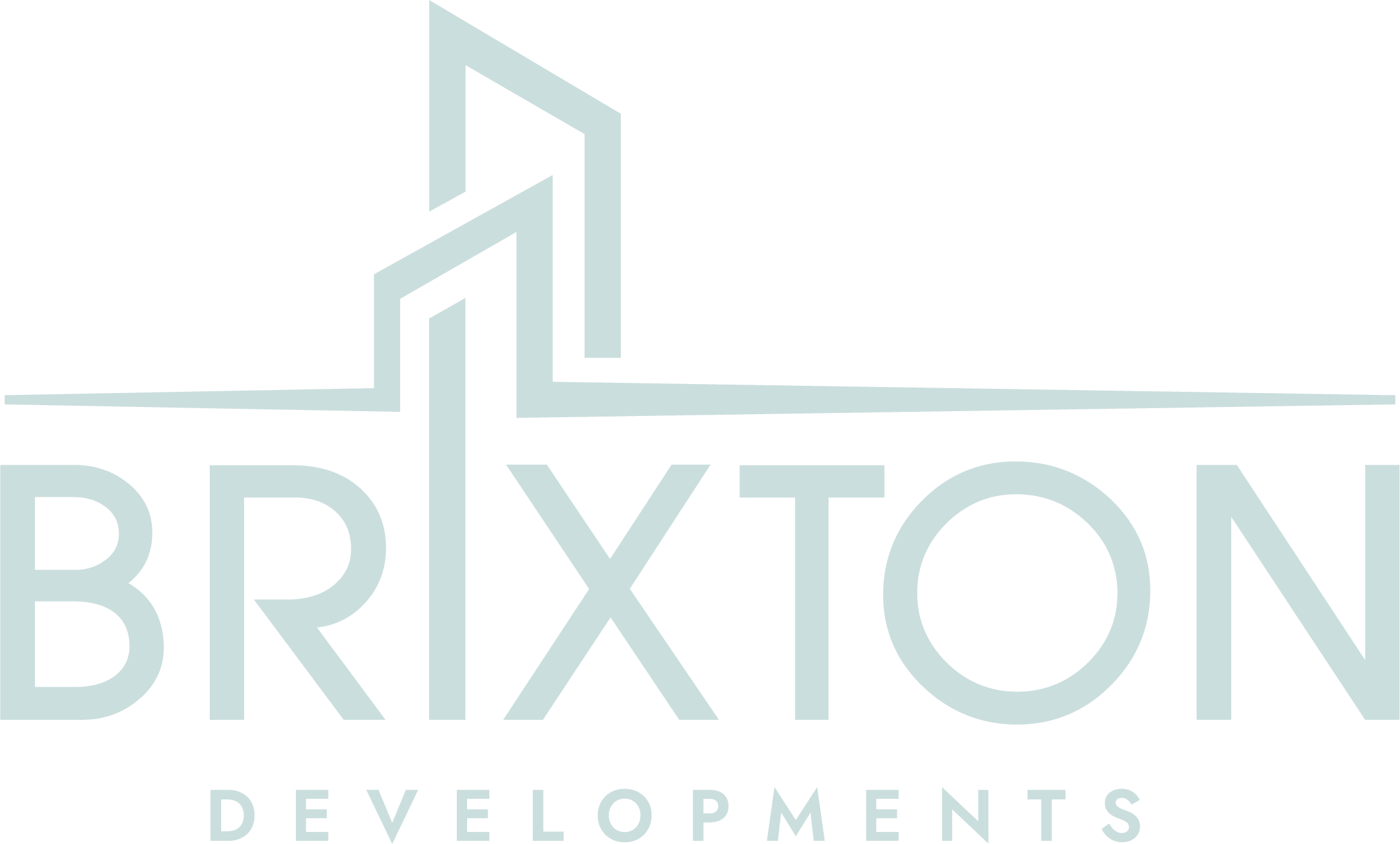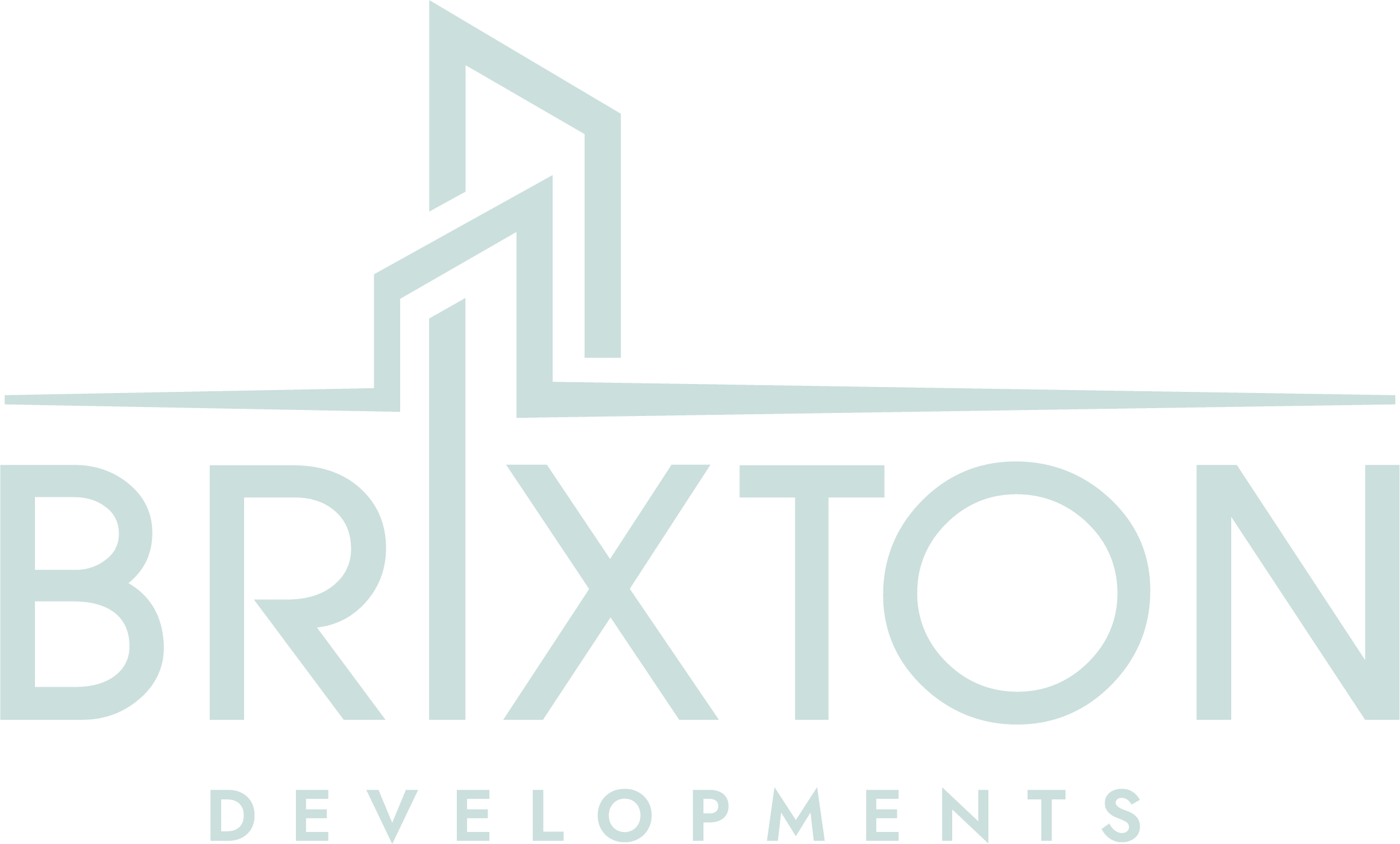The real estate development process involves a series of strategic steps that help transform land into viable, profitable properties. These steps include:
-
Market Research and Feasibility Study: The first step in any real estate development project is to conduct thorough market research. Developers must understand the demand for different property types, the preferences of potential buyers or tenants, and the overall economic conditions of the area. This helps in selecting the right type of development that aligns with market needs. A feasibility study is also performed to evaluate the financial viability of the project.
-
Site Selection and Acquisition: Choosing the right location is one of the most crucial aspects of real estate development. Factors such as proximity to transportation, infrastructure, schools, hospitals, and commercial areas should be considered. Once a suitable site is identified, negotiations for land acquisition begin.
-
Design and Planning: After securing the site, the next step is to develop architectural designs and project plans. This stage involves working with architects, engineers, and city planners to ensure that the project meets legal and zoning requirements, as well as aligning with the envisioned end product. The planning phase also includes securing necessary permits and approvals from local authorities.
-
Financing: Financing is a critical aspect of real estate development. Developers typically rely on a combination of personal funds, loans, and external investors to finance the project. Financial institutions and private equity firms often provide construction loans, which are repaid once the project is completed and properties are sold or leased.
-
Construction: Once funding is secured, construction can begin. This is a highly coordinated phase that requires careful project management, skilled labor, and timely procurement of materials. The construction phase is often one of the most complex, as it involves ensuring the project is completed on time, within budget, and up to quality standards.
-
Marketing and Sales: After the construction is completed, the property is marketed to potential buyers or tenants. Real estate agents and marketing teams create campaigns to attract interest, showcasing the property’s features and amenities. In some cases, properties may be pre-sold or leased even before the construction is completed, which helps secure early returns for the developer.




No comment